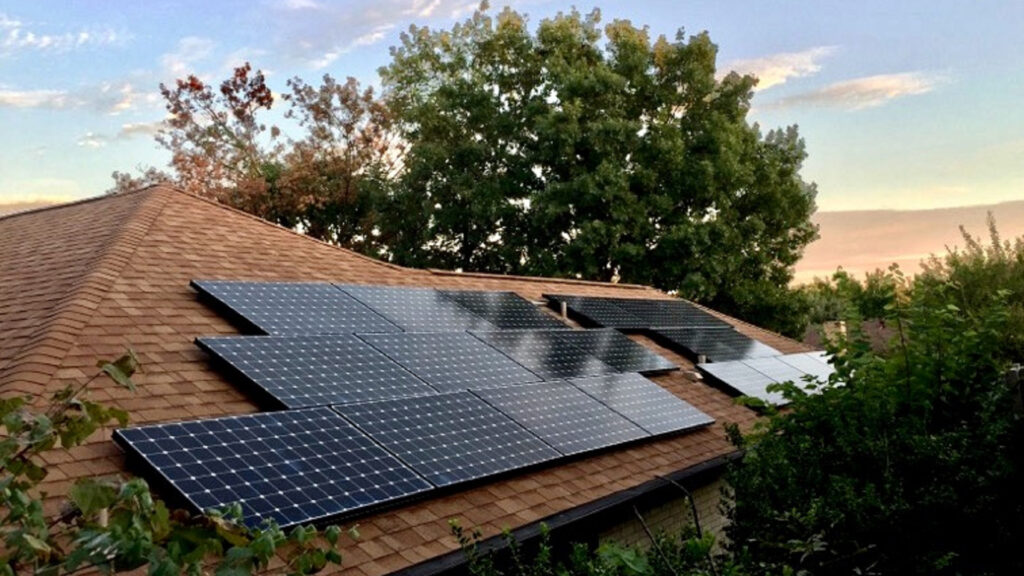By Susan Nugent, Climate Reality Project member
We know we must reduce the amount of CO2 in our atmosphere, but some of us still believe that reducing our carbon footprint means sacrificing our lifestyles.
At a New York Times event, former vice president Al Gore emphasized that alternative energy is not about sacrifice. Instead, alternative sources such as clean solar, wind and geothermal simply replace dirty energy.
But, thinking our lifestyles will be affected, we drag our feet instead of taking action now. Fossil fuels still dominate the energy industry long after we have learned that they negatively impact our planet.

Taxpayers still subsidize the fossil fuel industry. In 2022, globally countries provided $7 trillion to the industry. The U.S. reportedly uses $20 billion of taxpayer money toward this bill. How counterproductive it is that we are trying to reduce the use of fossil fuels but still make sure the industry continues.
If the economy will suffer without this ongoing production, maybe we should take a lesson from agricultural practices. When farmers produced too much corn, some were paid not to have a crop. Perhaps we should pay the fossil fuel industry not to drill.
For some politicians, money from the fossil fuel industry provides reason enough to continue slowing down the use of alternative energies. According to research published in the Proceedings of the National Academy of Sciences, the more a politician votes against environmental issues, the more the fossil fuel industry supports that campaign.
Despite the Inflation Reduction Act and its many incentives to switch to alternative energy, change is slow to build momentum. Yet those who take advantage of this program are reducing their carbon footprint without any sacrifice.
When I switched from fossil-fuel energy to solar power for electrifying my home, my lifestyle did not change. If anything, my disposable income increased as my electric bills decreased.
Similarly, friends who now drive the newest electric cars just changed one means of transportation for another. They lowered their carbon footprint with no change in their travel plans. One such friend allows that he now takes longer, more leisurely lunches if he’s traveling farther. When his car is recharged, his programmed phone notifies him that he can continue his journey.

Some claim cooking with gas is much better, while others admit they really aren’t good enough chefs to notice much difference. But what they do notice is that statistics show us childhood asthma increases in homes with gas stoves.
In yard maintenance, lawn mowers have not changed their combustion technology while regulations have demanded that cars do so. Electric lawnmowers work just fine. Also, leaf blowers not only destroy pollinators but also use gas inefficiently. All those leaves can be used as mulch under bushes and in garden beds to provide nutrients and moisture to the soil, as well as winter homes for pollinators.
So many quick changes can be made without threatening our comfort or behavior. In Florida, solar panels on the roof will quickly decrease the reliance on fossil fuels. Outside holiday lights can be powered by solar; pond pumps — solar; electricity throughout the house — solar.
Our climate is getting hotter and hotter because of increased carbon dioxide in the atmosphere. We need to wake up. Act now!
Susan Nugent is a Climate Reality Project leader from Gainesville. To read a response to this piece, click here.
If you are interested in submitting an opinion piece to The Invading Sea, email Editor Nathan Crabbe at ncrabbe@fau.edu. Sign up for The Invading Sea newsletter by visiting here.



